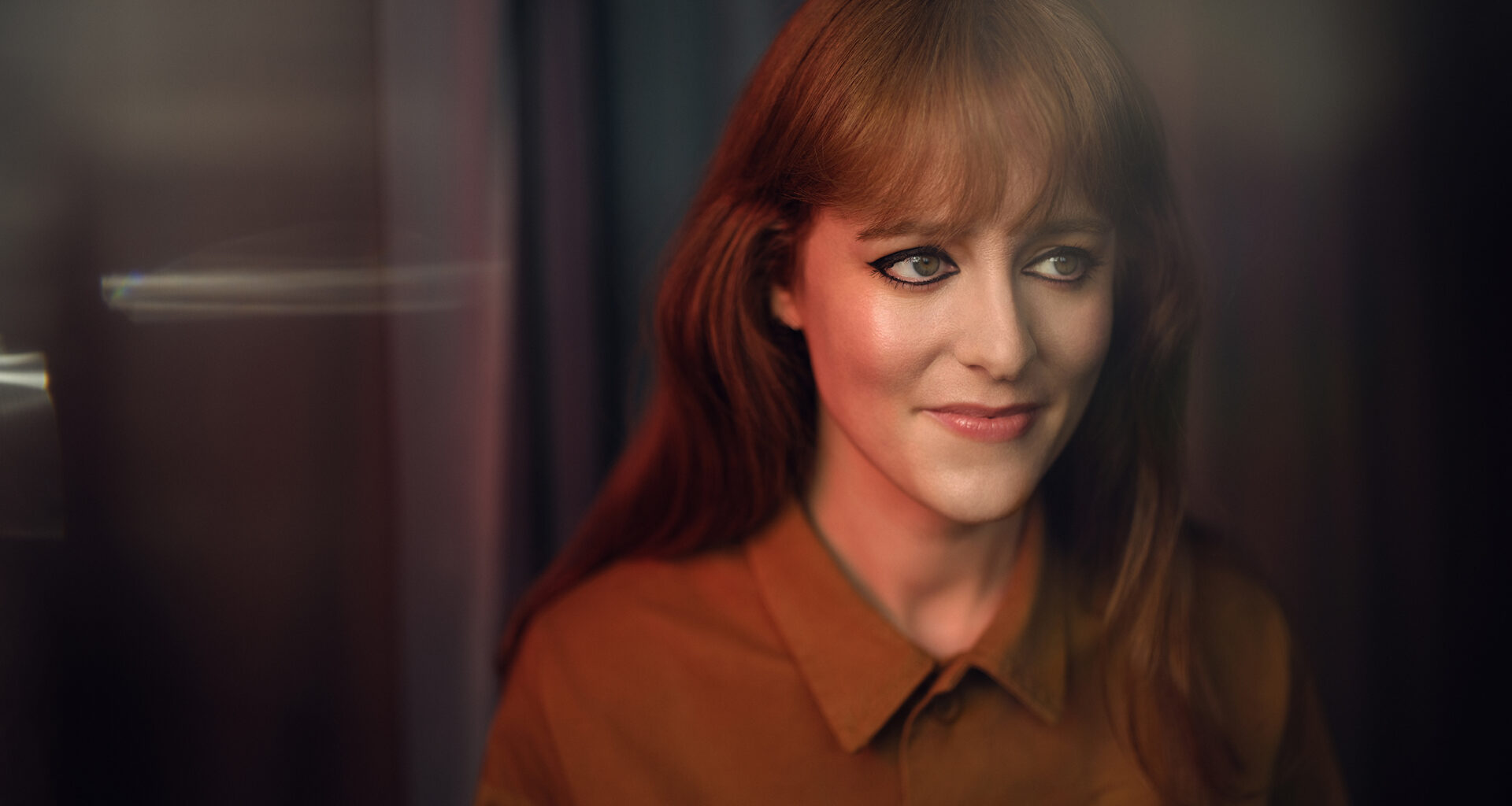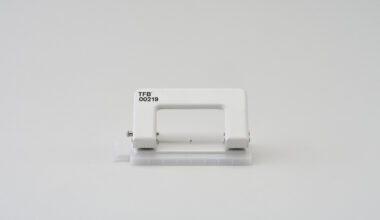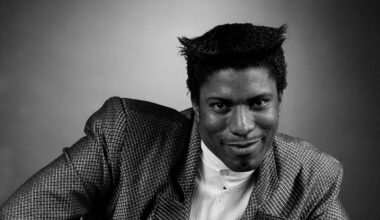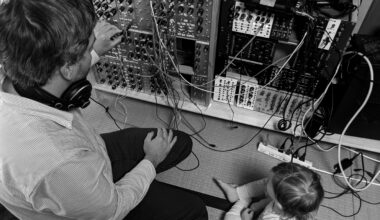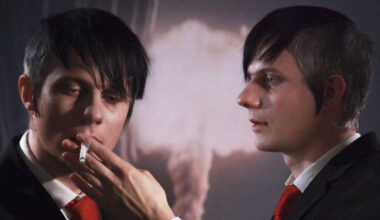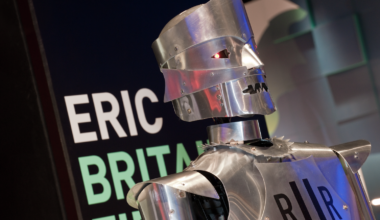‘The Unfolding’ is Hannah Peel’s timeless collaboration with Paraorchestra. Inspired by the imprints of life beneath our feet, it’s a document of all of Earth’s incredible history – in 54 minutes
Want to read more?
Sign up to Electronic Sound Premium to gain access to every post, video, special offers, and more. 100%, all you can eat, no commitment, cancel any time.
Already a premium member? Log in here
